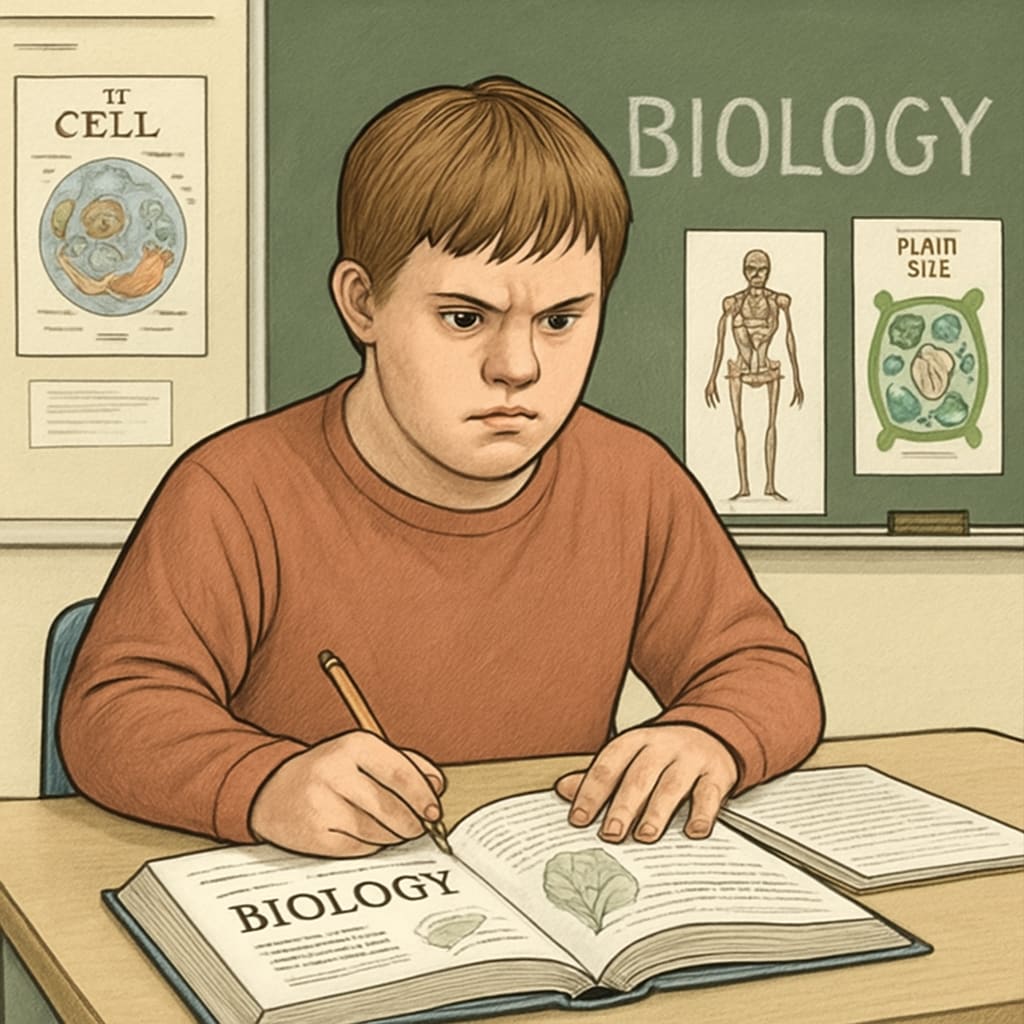Students with learning difficulties often encounter significant obstacles within the education system when striving to achieve their dream of becoming doctors. The traditional academic structure, coupled with societal and familial pressures, can make this journey seem insurmountable. However, with the right support systems in place, personalized learning approaches, and reforms in the evaluation process, the path to a medical career can become accessible to all.
Barriers in the Education System
The current education system is designed with a “one-size-fits-all” approach, which often fails to address the diverse learning needs of students. For individuals with learning difficulties, such as dyslexia or ADHD, standardized testing and rigid grading criteria can be particularly challenging. These students may struggle to demonstrate their potential in traditional settings, despite possessing the intellect and passion required for a medical career.
Furthermore, societal expectations and family pressures can exacerbate the situation. Parents may worry about their child’s ability to cope with the rigorous demands of medical education, while students themselves may feel overwhelmed by the dual burden of academic performance and familial expectations.

Personalized Learning: A Path to Success
One effective solution to these challenges is the implementation of personalized learning strategies. Unlike traditional methods, personalized learning tailors educational experiences to suit an individual’s strengths, weaknesses, and learning styles. For example, students with dyslexia could benefit from audio-based learning resources, while those with ADHD might thrive under a structured yet flexible schedule.
In addition, technology can play a pivotal role in making personalized learning accessible. Tools like adaptive learning platforms and assistive technologies enable students to progress at their own pace, ensuring that they grasp fundamental concepts before moving forward. This approach not only boosts academic confidence but also equips students with the skills needed to succeed in demanding fields like medicine.
Building Comprehensive Support Systems
Support systems are equally crucial for students with learning difficulties. Schools and educational institutions should prioritize the development of counseling services, mentorship programs, and peer support networks. These resources provide emotional and academic assistance, helping students navigate their unique challenges more effectively.
For instance, mentorship programs can connect aspiring medical students with professionals in the field who have overcome similar obstacles. These mentors can offer invaluable insights, encouragement, and practical advice, fostering resilience and determination in their mentees.

Reforming Educational Policies for Equity
Educational reforms are essential to ensure that students with learning difficulties have an equal opportunity to pursue their dreams. Policymakers should consider revising standardized testing methods to include alternative evaluation techniques, such as project-based assessments and oral examinations. These alternatives allow students to demonstrate their knowledge and skills in ways that align with their strengths.
Moreover, increased accessibility to accommodations, such as extended test times and quiet testing environments, can level the playing field for students with learning challenges. By fostering an inclusive learning environment, the education system can empower all students to achieve their full potential, regardless of their unique needs.
Conclusion: A Dream Worth Fighting For
Pursuing a career in medicine is a demanding but deeply rewarding journey. For students with learning difficulties, this path may be fraught with additional challenges. However, with personalized learning approaches, robust support systems, and equitable educational reforms, these challenges can be overcome. As a society, we must recognize the value of diverse talents and ensure that every student, regardless of their learning needs, has the opportunity to achieve their dreams.
By breaking down barriers and fostering an inclusive education system, we can inspire the next generation of doctors to bring compassion, empathy, and resilience to the field of medicine.
Readability guidance: Short paragraphs and clear transitions ensure easy readability. Key takeaways are summarized under each heading, with examples and solutions to maintain reader engagement.


